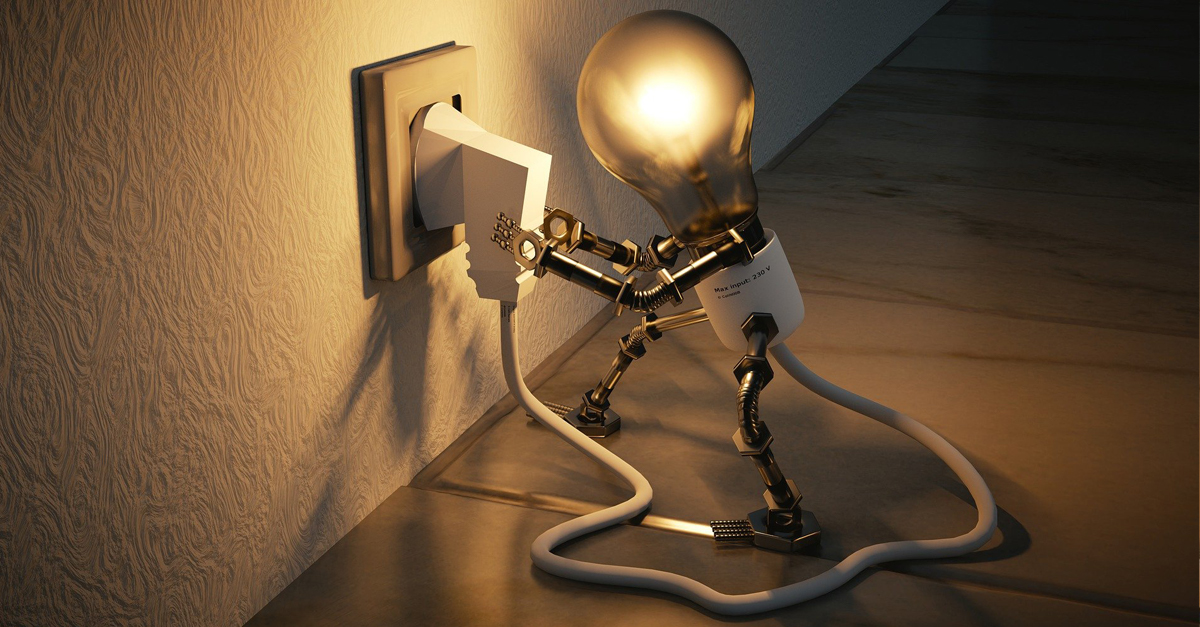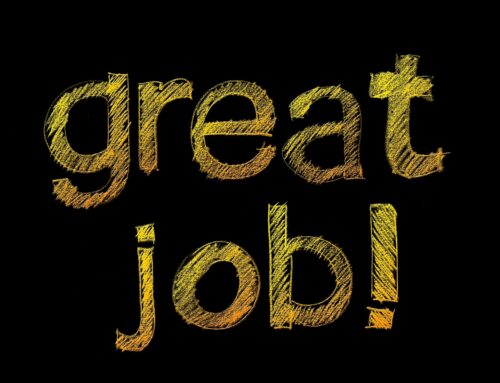When you make a decision to boost your career, heighten your profile, improve your life, stop putting off important goals and be your best, one of the first steps is to address energy drainers in order to free up time, space and emotional resources for the things you really want.
Recently, I was on my hands and knees in the garden, tugging on stubborn weeds, being careful to pull them up by their roots, as my mother taught me, when the question occurred to me: why weed? Why must we vanquish a healthy, living plant other than our aesthetic sense that they just don’t fit in with the plan? What would happen if we just left them alone? A shower and a few Google searches later I had reasons I already knew, but wanted to confirm. Weeds compete with flowers, grass, vegetable and fruit plants for water, sunlight and nutrients, leaving non-weed plants starving. Invasive weeds are so successful in competing for space that they overwhelm the native plants and become the dominant species.
In other words, they are the energy drainers of the plant world. They stand in the way having the garden of your dreams. Like weeds, energy drainers come in all shapes and sizes, ranging from small annoyances to invasive, toxic parasites. Either way, they choke your personal, professional and emotional growth and exist at home, at work and all areas of life. Uprooting an energy drainer can have an immediate, positive impact on your life. Becoming skilled at recognizing them before they take hold will have lasting benefits.
Energy drainers can be people, places, things, situations, emotions, thoughts. How do you identify them? By paying attention to those things that deplete you or feel draining.
For example, I had a friend, my oldest one, dating back to grade school. We knew everything about each other, were part of each others’ families and more like sisters than best friends. Over the years, many friends came and went. Some were school or work-related and once that foundation was removed, the friendship deteriorated. I learned that some relationships are temporal or geographical, and not forever. But this friend remained a constant, despite many differences in our life paths. She got married and had children while I went to college and law school. We continued to include each other in our lives and made efforts to stay connected. There were some arguments along the way, but I could not have imagined a rift significant enough to end our friendship. But a series of encounters over a period of years slowly and painfully led me to realize that after every time I saw her, I felt bad and then started to dread our time together. In comparison with other friends whose affection and appreciation increased my energy, this one was dragging me down. After so many years, I did not want to simply eradicate her from my life, so I decided to tell her how I felt when I was in her presence. As a result, she ended our friendship. It was painful, but a better alternative to continuing along the path we had been walking.
I chose this example of a person who was draining my energy to illustrate that, initially, coming to terms with how you feel about a person or situation may not be easy and there could be pain associated with confronting it and consequences of doing so. For this reason, it is critical to be clear about what is happening, be sure that it’s not an isolated occurrence or related to some temporary event, and that your negative emotions about it outweigh positive feelings or benefits. In my situation, I had to separate the pleasant past from the poisonous present. For some 30 years, this person was a close confidant. Was I sure that she was energy drainer? Was it me? What was I doing or not doing to suffocate what we had cultivated for so many years? And, I didn’t simply cut her off, trying instead to work it out.
At a recent presentation for the Delaware County Trial Lawyers Association, I asked people to volunteer some energy drainers in their lives. One attorney said that the ice maker in her freezer had been broken for months. Every time she had to go out and buy ice, she knew that a telephone call to Sears could permanently eliminate this inconvenience. What a perfect example. A client told me that he always drags his feet when it comes to sending out invoices for work he has already completed, and it weighs on his mind and becomes something he tolerates until he finally acts on it. Procrastination can be a major energy drainer (and a topic for a future column).Thomas J. Leonard (1955-2003) was a major contributor to the development of personal coaching and coined the phrase “eliminating tolerations.” He created a master list of 1,001 things to stop tolerating. Here are just a few of them:
- I don’t have enough storage space for all my office files.
- My wallpaper is peeling in the bathroom.
- I am 15 pounds overweight.
- My Web page needs updating.
- I don’t like my spouse’s tone of voice when he talks to me.
- I don’t set time aside to meditate.
- I have investments that should be reevaluated.
- My house walls need painting.
When you decide that the time is now to reduce stress and get the most out of your career, leisure time, relationships and home, a good first step is to deal with energy drainers to make room for more of what you want. Here are steps to get you moving:
- Make a list of things you are tolerating, small and large. Write a few sentences about how reducing or removing them will make you feel, improve your life, open up some freetime, and create a real opportunity for growth and progress.
- Create action steps. I suggest starting with some of the smaller annoyances so you can get a sense of how big a difference it can make. Like removing a tiny pebble from your shoe, small changes create big relief. For example, make a plan to deal with the wallpaper either by setting aside time to remove it yourself or call some contractors for estimates and schedule appointments.
- With respect to larger issues, this requires some introspection, as in the example I described above. When an energy drainer is a relative, friend or boss, you may not wantor be able to eliminate it, and you don’t have to. The failure to address it is what’s draining you and you’ll experience relief if you take some responsibility for the solution. If it’s a communication issue with your spouse, the answer is not to simply divorce, but to come up a few steps you can take, starting today, to work it out. Similarly, if you are tolerating dog fur on the rug, don’t run to the pound to drop off Sparky. Think about what you can do to eliminate the problem, which is the fur, not the pooch.
- Make sure your plan includes steps and deadlines for each one. This is critical.
- Include some rewards for yourself along the way, e.g. when I lose 5 pounds, I will treatmyself to a manicure. Write that down too.
- Build in accountability. Make it hard for yourself not to address it once you have committed yourself. One way is to tell someone that you don’t want to disappoint.
- Celebrate your accomplishments.
Breaking long-standing habits requires the mindfulness to recognize them, strategies to eliminate them, discipline to stay the course and attention to roadblocks. As you complete your action items and reach your goals, don’t forget the important step of offering yourself congratulations and a nice reward. Not only do you deserve it, but it will cultivate a lifelong practice of truly enjoying and appreciating the garden you created.
Sans weeds.
Reprinted with permission from the August 14, 2014 edition of “The Legal Intelligencer” © 2014 ALM Media Properties, LLC. All rights reserved. Further duplication without permission is prohibited. For information, contact 877-257-3382, reprints@alm.com or visit www.almreprints.com






